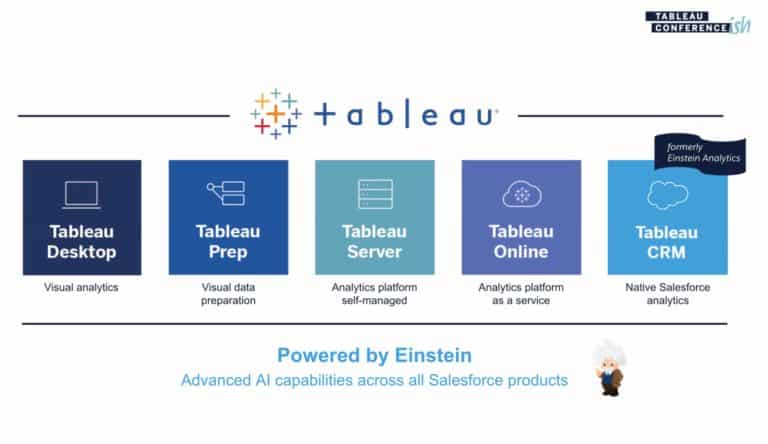The company promises the new Tableau Desktop will “increase productivity and save time and money”.
This week Salesforce’s Tableau announced the release of Tableau Desktop 2023.1. The new productivity suite offers “Accelerator Data Mapping, Tableau for Slack enhancements, Identity Pools, and more”, according to the company.
Kuber Sharma, Tableau’s Director of Product Marketing, detailed the new improvements in a blog post this week. The headliner, according to Sharma, is the simplified Tableau Accelerator configuration. This allows users to set up an Accelerator with their own data even faster, he says, thanks to the new Data Mapping tool in Tableau Desktop.
Data Mapping simplifies Tableau Accelerators
Data Mapping is a Tableau Desktop tool built on top of Accelerators, Sharma explains. “It simplifies setup so that you can get started even faster. Instead of manually replacing fields once you connect to your data, follow the new guided experience”, he writes.
There is also an improvement to how Tableau works with Slack. “The latest Tableau for Slack app enhancements make it even easier to put data at the center of every conversation and decision”, Sharma writes. The enhancement allow users to more easily search and share Tableau Views in direct messages and channels. “And when you share Tableau content, it displays metadata and permission-aware previews so your team can quickly recognize and act on relevant information”, Sharma adds.
Tableau Server is also improved
Tableau Server now offers better support for both internal and external users through the use of “Identity Pools”. These enable users to branch out of the strict single identity store limitation in Tableau Server, Sharma explains. An Identity Pool is the combination of a “Source of Users” – traditionally called the Identity Store – and an authentication mechanism.
There is also a new user attribute function, which allows users to include any additional information about users and send it to Tableau when the users sign-in. Tableau then automatically passes the information as a filter, only showing the corresponding data.
